Climate Ambassador for a better future
Secondary school students are contributing to a better climate future, thanks to a University of Waikato initiative aimed at fostering the next generation of climate ambassadors.
Dive into the fascinating world of the environment at Waikato. We offer a unique blend of science, social sciences, mātauranga Maori, and hands-on learning, preparing you for a rewarding career in environmental management and protection.

The growing human population is expected to exceed 9 billion within the next 40 years. The need to provide for increasing human demands, while protecting and sustainably managing the environment, is one of our greatest global challenges. Environmental studies is at the core of this challenge.
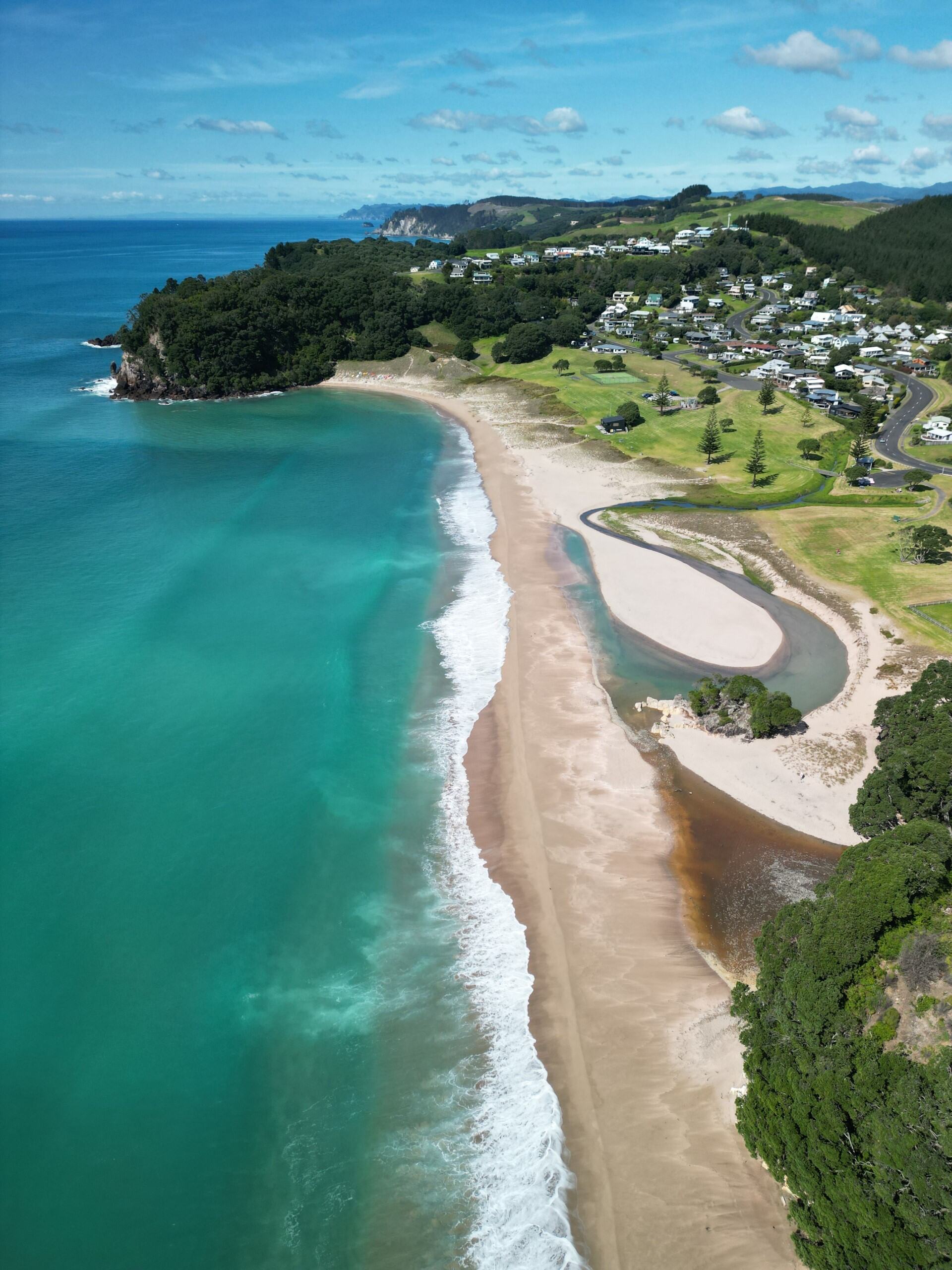
Protect our natural world while shaping the future of cities. Gain hands-on experience and graduate industry-ready with our NZPI-accredited Bachelor of Environmental Planning.

We take a strong interdisciplinary approach so our students gain skills applying the biological, chemical and Earth sciences to understand and manage the impacts of human activities on the environment.
Marine science is a fascinating field that explores the science of marine systems, including ecology, physical processes, and conservation efforts. Protect our oceans for tomorrow.
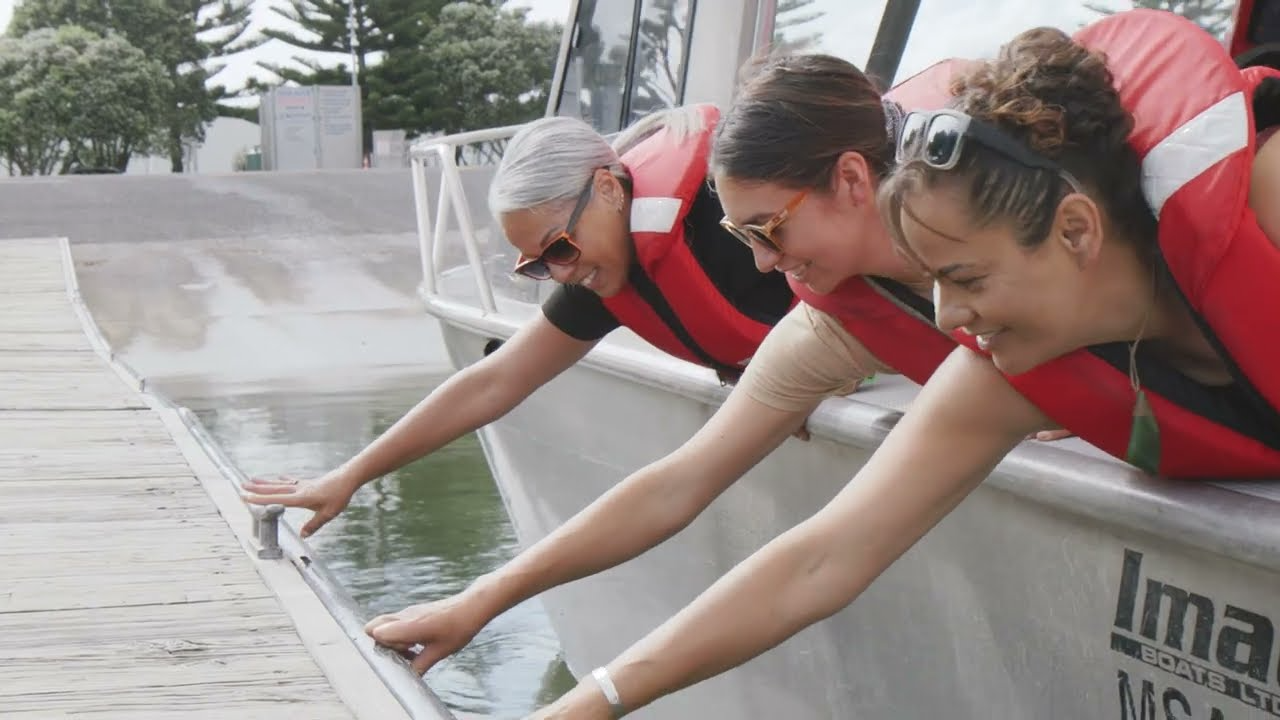
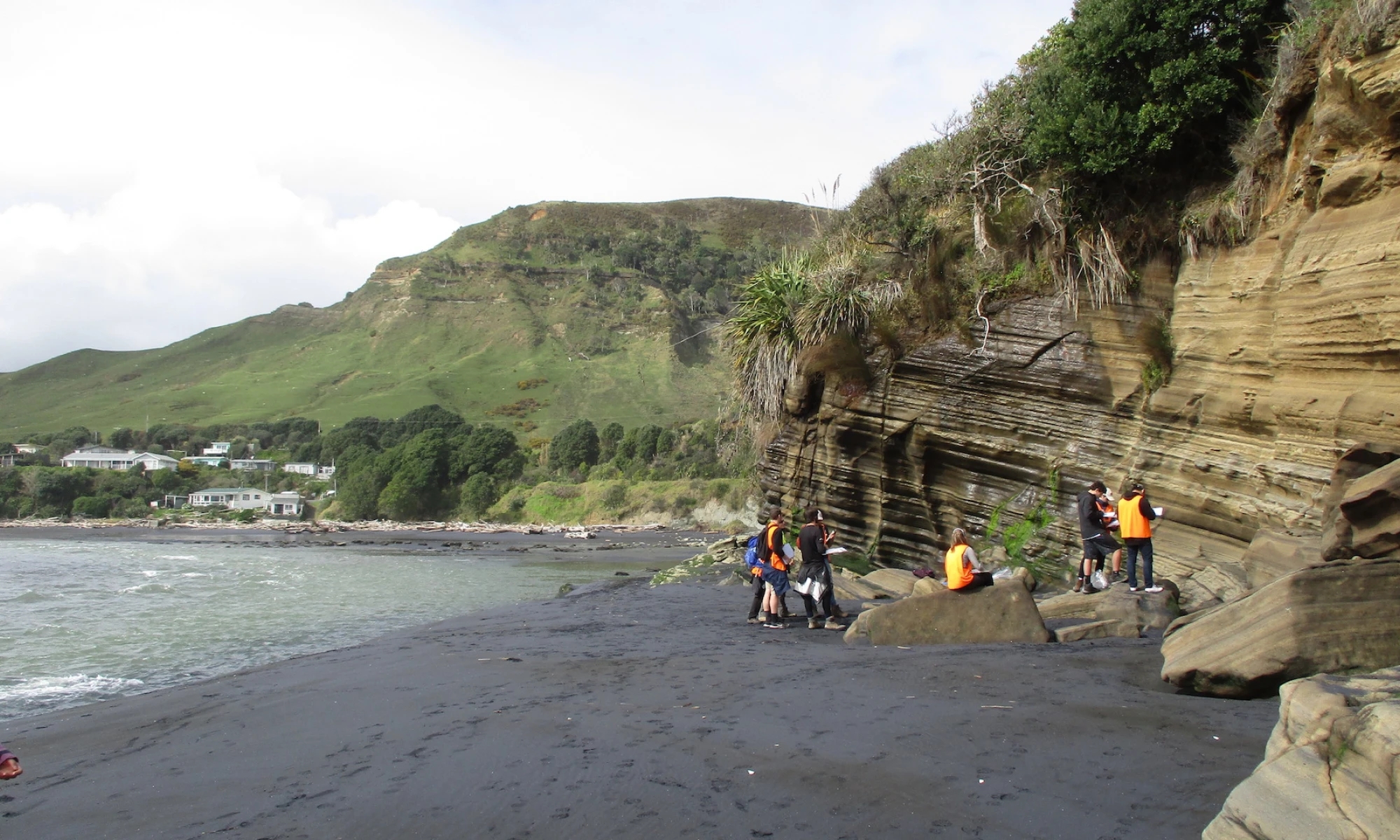
The demand for Earth Sciences experts is rising as we seek to manage soil, water, minerals, energy, coastal/marine resources, and understand natural hazards like floods, earthquakes, tsunamis, landslides, and volcanic eruptions.
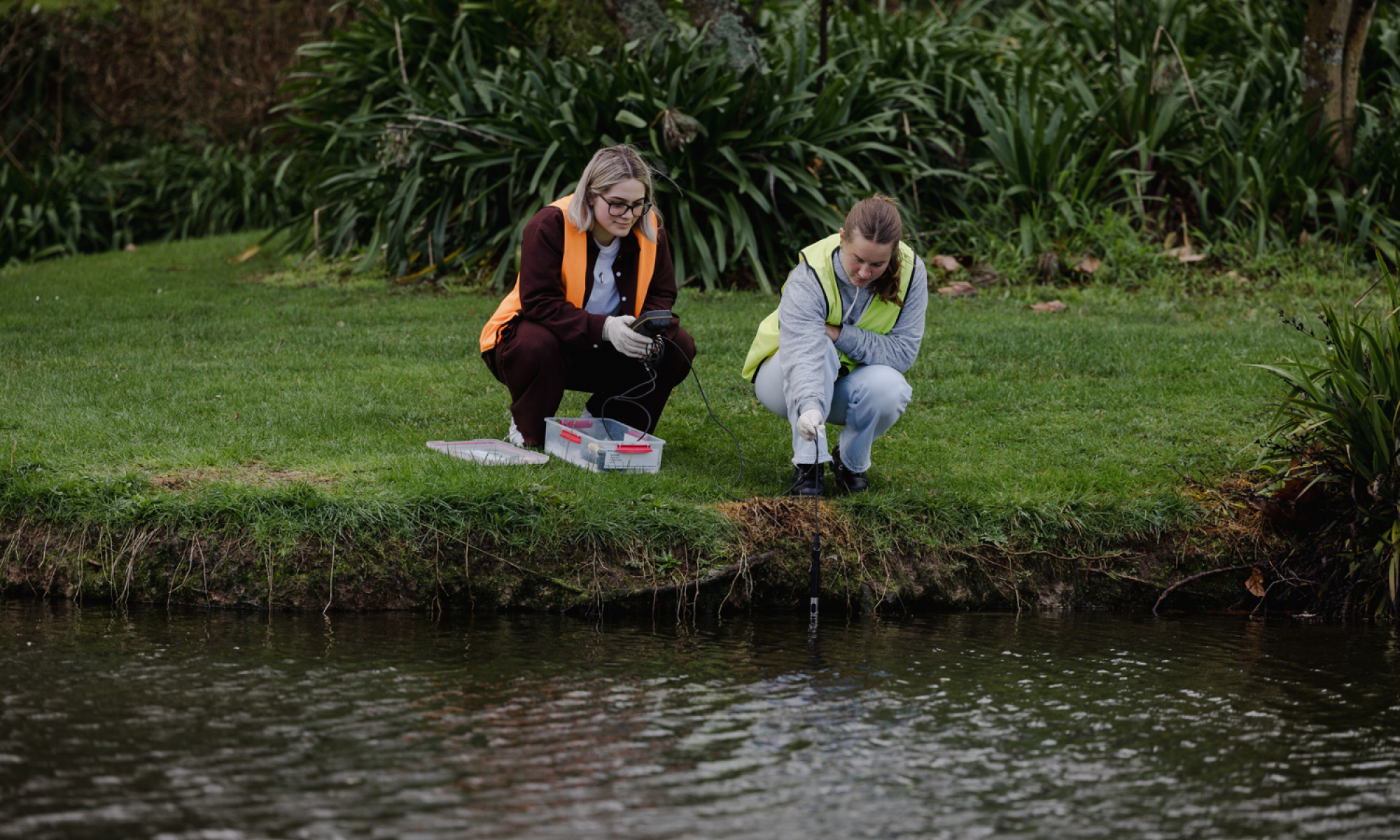
In studying Ecology and Biodiversity you will learn about the distribution, abundance, and biology of organisms and their role in New Zealand’s most important ecosystems.
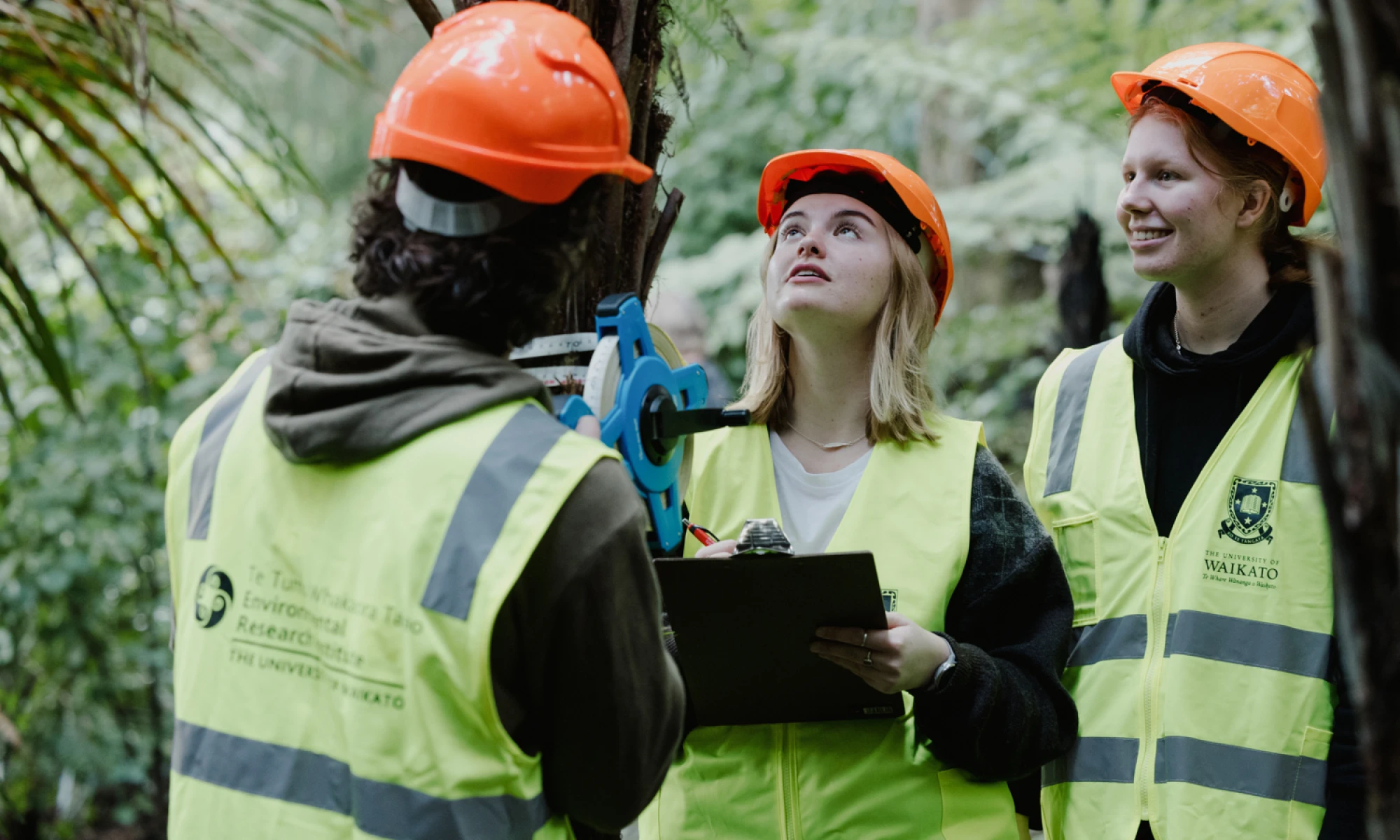
Protecting and sustainably managing our environment is one of our greatest global challenges and our graduates are well placed to tackle this challenge head on.
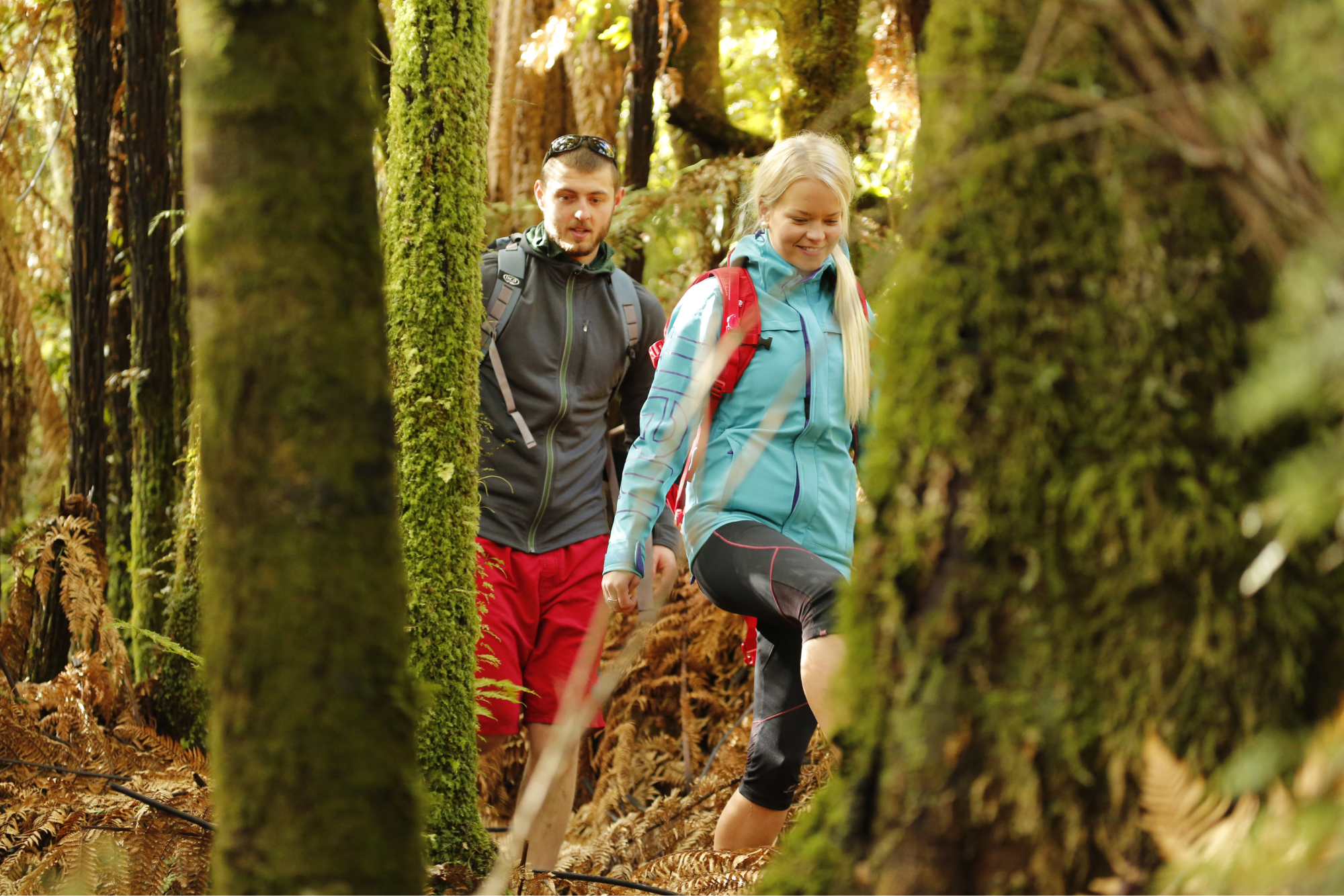
Learn from leading professors and researchers in the sustainability field and develop skills to change the way we tackle environmental challenges. Find our more about our researchers tackling climate change, biodiversity and conservation.

This degree is the first of its kind in the world and combines scientific knowledge of the biophysical world with understanding of economic and political systems and the impacts on Māori, Pacific and Indigenous communities.
The University of Waikato's Tauranga campus offers the only science research facility in New Zealand specifically configured to address the real issues of our engagement with the sea in terms of environmental sustainability, and also with a strong theme of innovation in creating wealth from our marine resources.
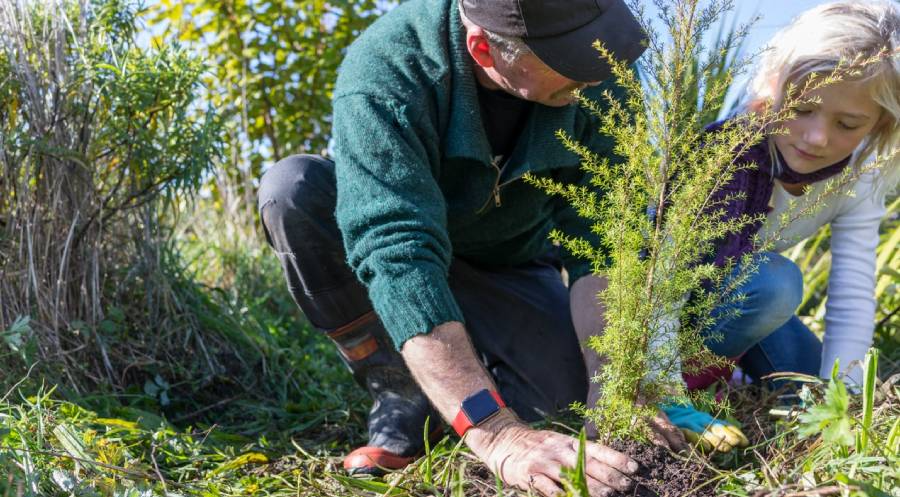
Connect with like-minded students, staff and the wider community with workshops, tree planting, community hīkoi and much more! Waikato and Tauranga Eco Campus are great ways to develop a deeper passion for the environment, volunteer, and get connected.
You’re currently viewing the website as a domestic student, you might want to change to international.
You're a domestic student if you are:
You're an International student if you are: